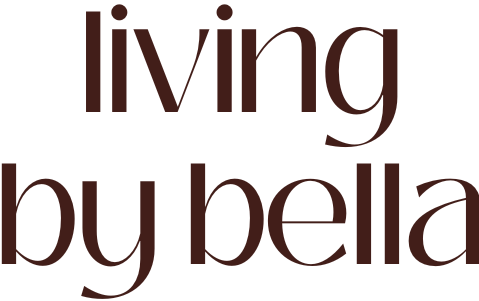When my mom passed away, it was devastating, but there was a strange sense of closure.
There was pain, yes, but there was also a finality: a quiet goodbye that allowed me to grieve, to make peace with her absence. It felt like a new way of having her in my life: a softer, more distant version of her presence. As hard as it was, I knew that grief would come in cycles: when I see her favorite coffee shop, when I want someone to do my nails with, and of course, every holiday and accomplishment.
But with my dad, it’s been different. As my only parent left, it was almost forceful to become best friends. He was the one I could talk to about anything, the one I turned to when I needed advice or just someone who understood me. But what I failed to address were the years of absence, arguments, and resentment. Before I knew it, his priorities shifted, though I didn’t want to see it at first. Unfortunately, these changes began loooong before I could fully accept them.
Looking back, I realize how much I tried to ignore the truth. I forgave him over and over again for being absent in ways that mattered most, for neglecting our bond when it wasn’t convenient for him. I pushed it all down until I couldn’t anymore. Now, it feels like I’ve lost him. I no longer feel like his daughter, and that sense of belonging, of being his little girl, is gone.
A few days ago, I woke up with one of his old songs stuck in my head. It’s funny how memories have a way of resurfacing when you least expect it. The same two lines played on repeat, as if they were trying to tell me something:
“Live life and don’t be scared, just beware,
‘Cause it’s a jungle out there.”
I couldn’t shake the feeling that maybe it was a sign, I thought, a way of reconnecting. Or maybe it was just a reminder to keep going, even in the silence between us. But the urge to call him didn’t come without hesitation. Deep down, I knew something wasn’t right. It’s not that a phone call would solve everything.
It’s that the person on the other end wouldn’t be the same man I grew up loving.
*Since writing this, I have reconnected with my Dad. Our reconnection is continued below.
Still, I decided to try. For months, I had avoided it, telling myself it was useless, that the father I remembered was gone. But something urged me to call, and intuitively, I did.
The call was hard. At first, it felt like talking to a stranger, with polite pauses and shallow conversation. But slowly, cracks appeared in the distance. It wasn’t the deep, effortless connection we once had, but it was a start.
After exchanging ‘I missed you’s’ and hearing his apologies, I realized he may have been different, but he was still here. And for the first time in months, I felt like maybe I could rebuild, even if it wouldn’t look like it used to.
The phone call quickly revealed the effects of absence. He didn’t know about my work life, my current relationships, and I barely knew of his. It felt like talking to a stranger who read a book on your life.
A few days later, I decided to call again. At the core of our closeness were updates: updates on what I did today, how my grades have been, what the latest gossip was. But the next conversation strayed much further from simple updates, it was instead a scene of retrospection. He addressed the lingering fact that we had to discuss the past. He believed it was necessary to move on. And as I agreed to a certain extent, part of me just wanted my Dad back.
I didn’t want to recollect the past several years. That can be done at anytime; it will be done at sometime. But while I had him, I wanted the simplicity of calling my Dad when I got a new job offer, when I needed his advice, when I read a new article and wanted his take on it. But it was obvious he wanted to tear down the wall before moving forward, and I just wanted to climb over it.
So we addressed some issues. And within there was the brutal honesty of telling him how I had felt — about the absence, the hurt, the grief of losing him while he was still alive.: not only within the months of not speaking, but sprinkled within the years after Mom died.
It wasn’t a magic fix. One conversation couldn’t erase years of distance. But it was the beginning of something new. I realized that while I was grieving the father he used to be, I also needed to make space for the man he had become.
Sometimes we grieve not for a person’s death, but for their disappearance from our lives while they’re still alive. I still believe that. But now, I also know that grief can evolve into something else. It can soften, change shape, and make room for new beginnings.
The father who used to write songs for his children, who was my confidant and my best friend; that man is still gone in some ways. But the man who heard me that day, who picked up the phone, is someone I’m learning to love in a different way. It’s not the relationship we once had, but it’s something. And I’ve realized that something is enough.
Writing this is difficult. I’ve hesitated to share this part of my life because airing family matters is uncomfortable. There’s always a fear of judgment, or of feeling like I’m betraying someone by speaking out. But this is my story, and as uncomfortable as it may be, I know that stories only truly affect those who see their own reflection in them. Some will relate to this and feel understood; others may not. But for me, writing this is a way of finding my own healing.
Grieving someone still alive is a unique and complicated sorrow. It’s not like grieving death, where there’s an endpoint, a place to find closure. It’s about living with a constant ache, accepting that the person you loved has changed in ways you can’t undo. But it’s also about realizing that loss doesn’t have to be the end. Sometimes, it can be a new beginning.







